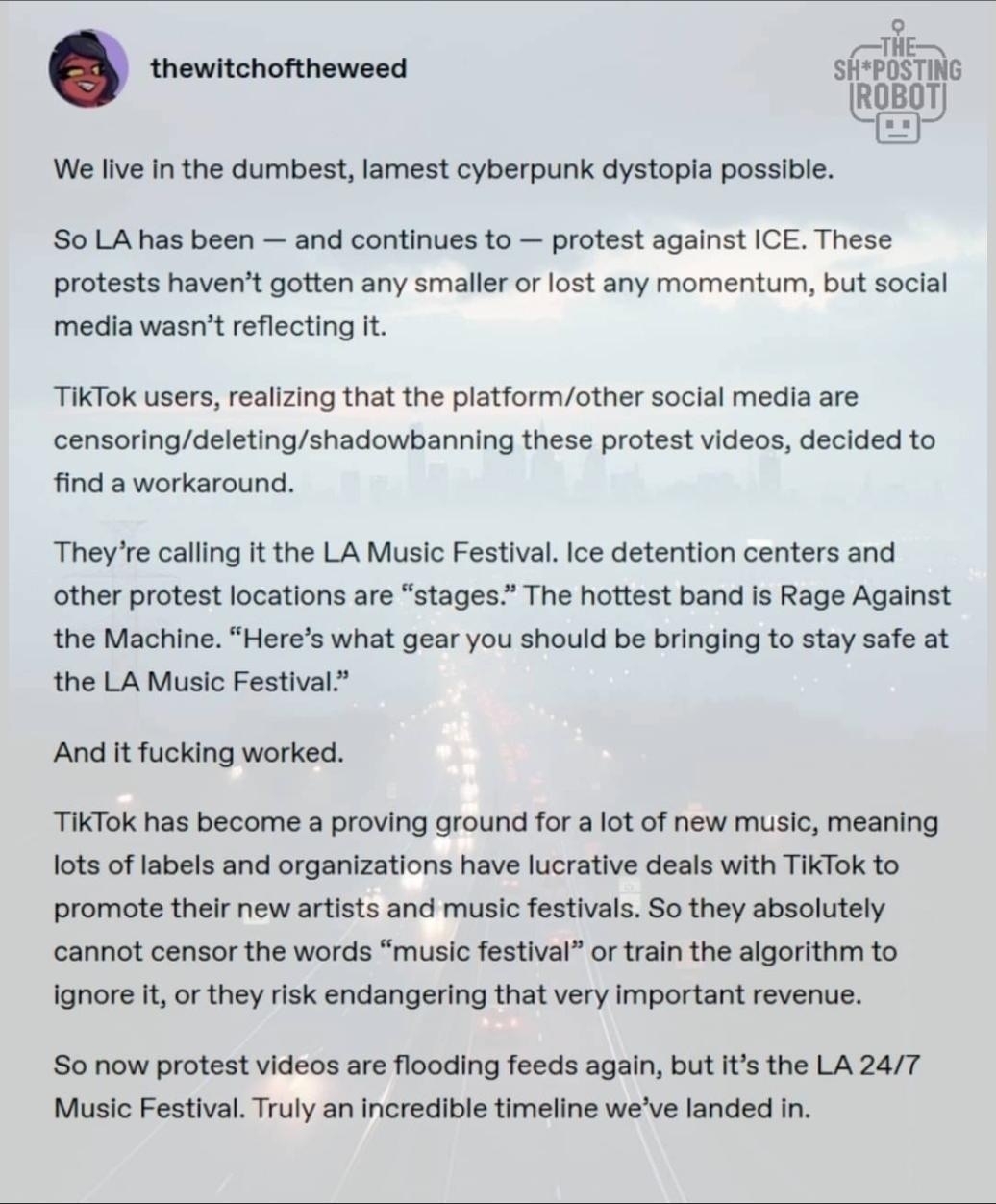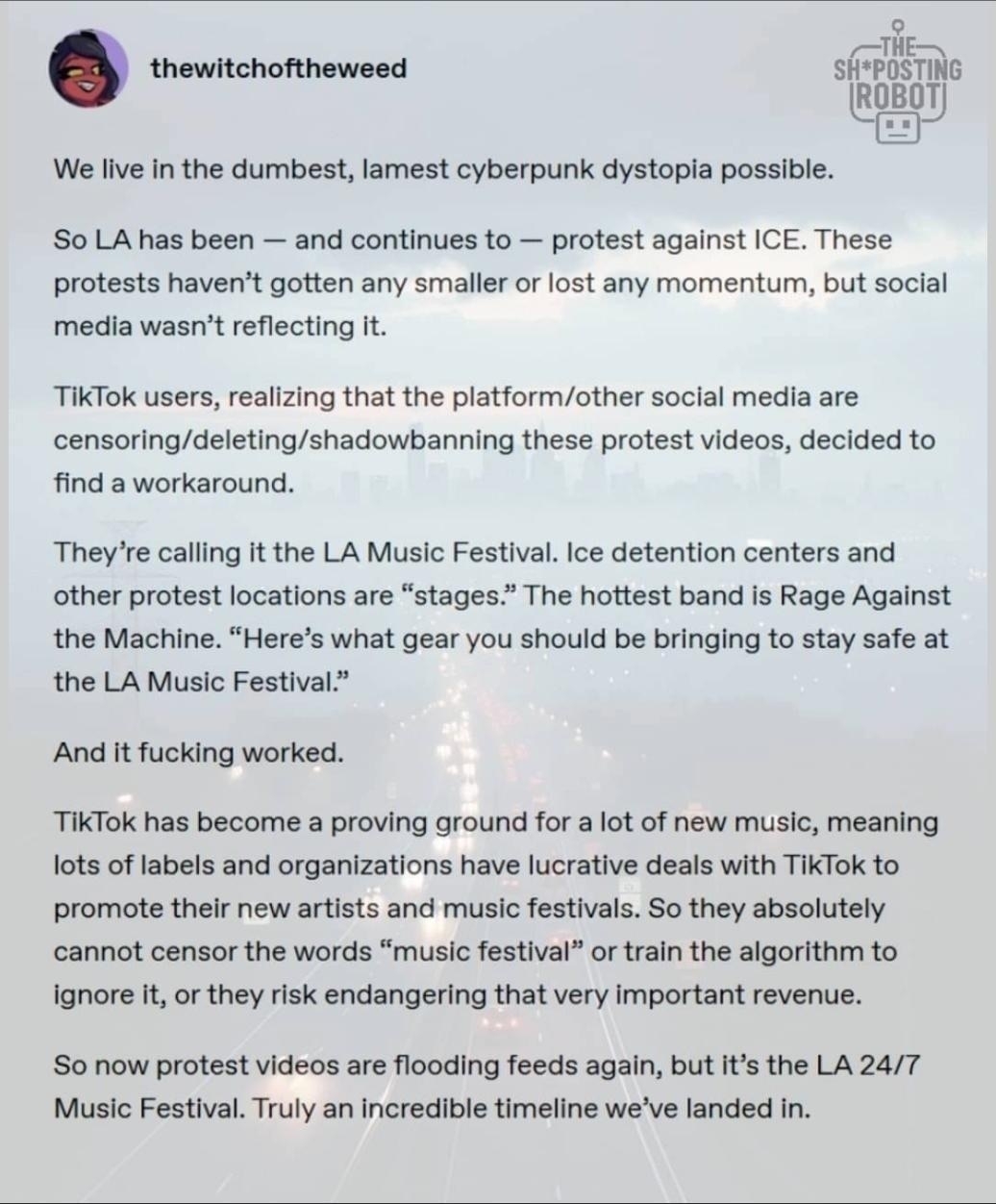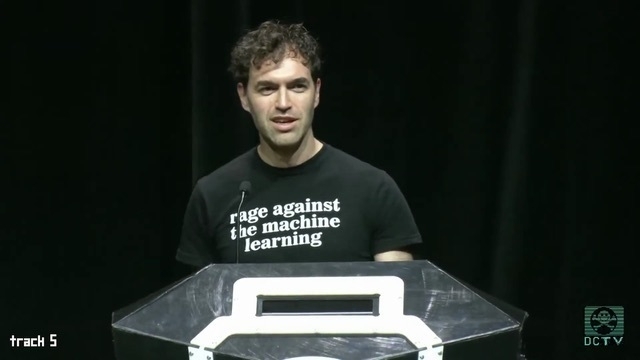


My new EP, Normal Doubt, is now available to buy on Bandcamp
New EP out. I’m very proud of this one.
Learning piano is easier than learning guitar
Thursday, October 26, 2023
I’ve started to learn to play piano. I’ve been playing the guitar for years, and I’m pretty good at it, but the keyboard is way better for electronic music than trying to send MIDI from a guitar. Plus, there’s all that sweet stuff that you can’t do on a guitar, like playing basslines and melodies together, and the huge octave range. One thing that struck me is how much easier it is to get started on the piano.
Test Post for Mastodon comments
You can reply to this and it should theoretically show up in my blog thread.
Why are no samplers or digital recorders as easy as the OP-1 Field?
Monday, August 1, 2022
There are a zillion samplers and recorders out there, so why do almost none of them work like we want them to?
Recently, I’ve been checking out the OP-1 Field, the new update to Teenage Engineering’s stone-cold classic OP-1, a sampler, synthesizer, sequencer, and digital tape recorder, all packed into one little battery-powered box. The Field is pretty much the same device, but with way better sound quality, stereo, Bluetooth MIDI, plus a few tweaks that make it easier and nicer to use.
The Field is essentially the same as the original, and yet still, eleven years after launch, there’s no other device that’s as immediate, or as easy and fun to use.
Writers, musicians, artists — stop calling your work ‘content,’ FFS
Tuesday, July 26, 2022
“Content” is what marketing folks, or platform builders, call video, music, text, and so on. For them, songs, movies, and stories are equal, interchangeable units, the purpose of which is to fill up their online stores. When an artist describes their work as “content,” they belittle the work itself. By referring to their creations in the terms of marketers and salespersons, they reduce it to a widget on a production line.
Cross-processed

Tri-X and Hyperspektiv

If I disconnect my own domain name from my microblog, what will break? Apart from my site?
iOS 14 is surprisingly stable on my iPad Pro. The best thing might be the new Scribble feature.
It’s pretty good being able to write pretty much anywhere with the Apple Pencil, and it takes the notes app to a whole other level.
Song of the week 3: Penguin Telephone
Friday, April 3, 2020
I started this song during the lockdown. No surprise that it’s even darker than usual.
Is it possible to link to a category page from the top navigation on my microblog? In the screenshot, I’d like the Podcast link to point to /categories/podcast, for instance.
Uncanny Alley Episode 6: The Mall Cops' Dorkmobile
Sunday, March 29, 2020
Possibly never previously published This bonus episiode was possibly never published. It doesn’t show up in the archived feeds of any of the usual podcast directories, and I can’t find my original episode captions. So, you can go in cold, and enjoy a discussion from the world as it was around one year ago i.e. better than it is now.
Uncanny Alley Episode 5: A Merry Band of Digital Criminals
Sunday, March 29, 2020
First published 13-03-19 Andrea and Charlie talk about the utter lack of ethics at Facebook and their deceiving tactics, while managing to deliver what’s intimately known as “the most delayed episode ever”. It might be worth mentioning here that I have a couple of posts about how I record and edit these podcasts. Yes, this one was originally weeks late, mostly down to me not getting around to editing it, but the editing process is really quick:
Uncanny Alley Episode 4: Podcast Vérité
Sunday, March 29, 2020
First published 27-01-2019 Charlie and Andrea talk about the content they consume, one infamous video that Charlie has no intention of ever consuming, and conspiracy theories worth appreciating at least for their narrative. This episode has a previously-unknown alternative title: A Thelma and Louise Death
Uncanny Alley Episode 3: Holding Gelato
Sunday, March 29, 2020
First published 23-12-2018 Like every single person who gets paid for writing, Andrea and Charlie like to talk about keyboards. Quiet, or clicky? Long travel distance or short jumpy keys? Why would Italian put a vowel at the end of many Spanish words? And, most importantly: Chinese Democracy.
Uncanny Alley Episode 2: A Hipster Nordic Ø
Sunday, March 29, 2020
First published 04-12-2018 Andrea and Charlie discuss talk about why phone cameras will always be different from regular cameras. Computational photography started out trying to fix the problems with tiny sensors, and now they let cameras like the iPhone do tricks that are …